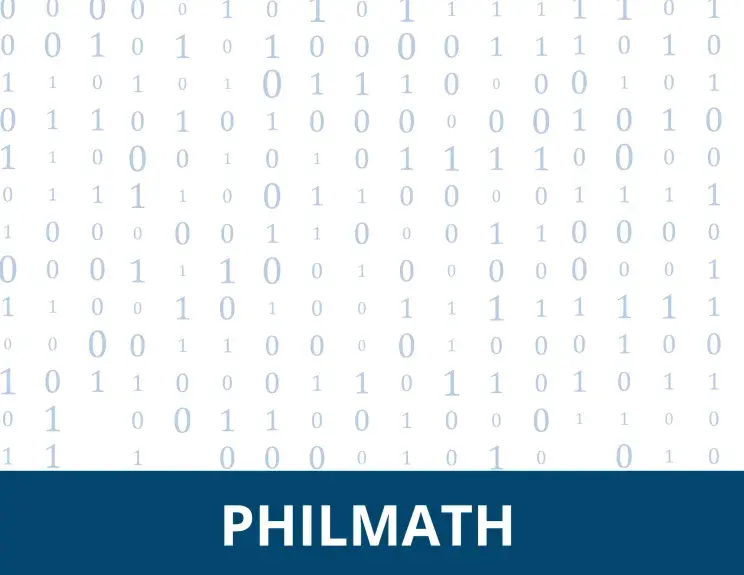
Séminaire Philmath
Séance supplémentaire , où nous avons le plaisir d'accueillir :
Karol Wapniarski, Faculty of Psychology and Cognitive Science, Adam Mickiewicz University Poznan
Title :
"The Epistemological Role of Mnemonic Devices in Logic: Latin Syllogistic Verses and Greek Syllogistic Diagrams"
Abstract :
Syllogistic mnemonic devices were widely used as tools for remembering properties of the Aristotelian syllogistic throughout the centuries. The two most pronounced traditions of syllogistic mnemonics are the Latin tradition centered on verse-mnemonics and the Greek tradition centered on diagrams. The pinnacle of the development of the Latin tradition is the XIII-century short poetic piece beginning with Barbara, Celarent..., which encodes and systematises information on the structural aspects of syllogistic moods and the methods of proving their validity. The pinnacle of the development of the Greek tradition are in turn the Byzantine diagrams for syllogistic figures, which were used to visualize respective syllogistic figures and their moods.
In my talk, I look at both of these types of mnemonic devices as on tools not merely aiding the process of learning and remembering syllogistic, but also epistemologically conditioning the understanding of it in the respective traditions, and, consequently, determining what could have been thought of it and added to it.
As examples in the case of the Latin-verse tradition, I look at the changes made by scholars to the Barbara, Celarent... mnemonic and at the development of new syllogistic mnemonic names going beyond the boundaries of this mnemonic. I focus on two such developments – by Jean Buridan and G. W. Leibniz – and argue that they are constrained by what the previously developed mnemonic system allows to be spotted and thought of. In the case of the Greek-diagrams tradition, I look at the development of the Byzantine diagrams, pointing out to how it correlate with the parallel development of the discussion on the use of empty-terms in syllogistic. Particularly, I draw attention to how the use of this particular kind of diagrams might have led to the irrecognition of the problem of empty-terms in the Greek tradition. The talk shall therefore both offer a historical perspective on the development of syllogistic logic as seen through the lenses of the mnemonic traditions and provide some general claims on the epistemological significance of these – and similar – mnemonic systems.